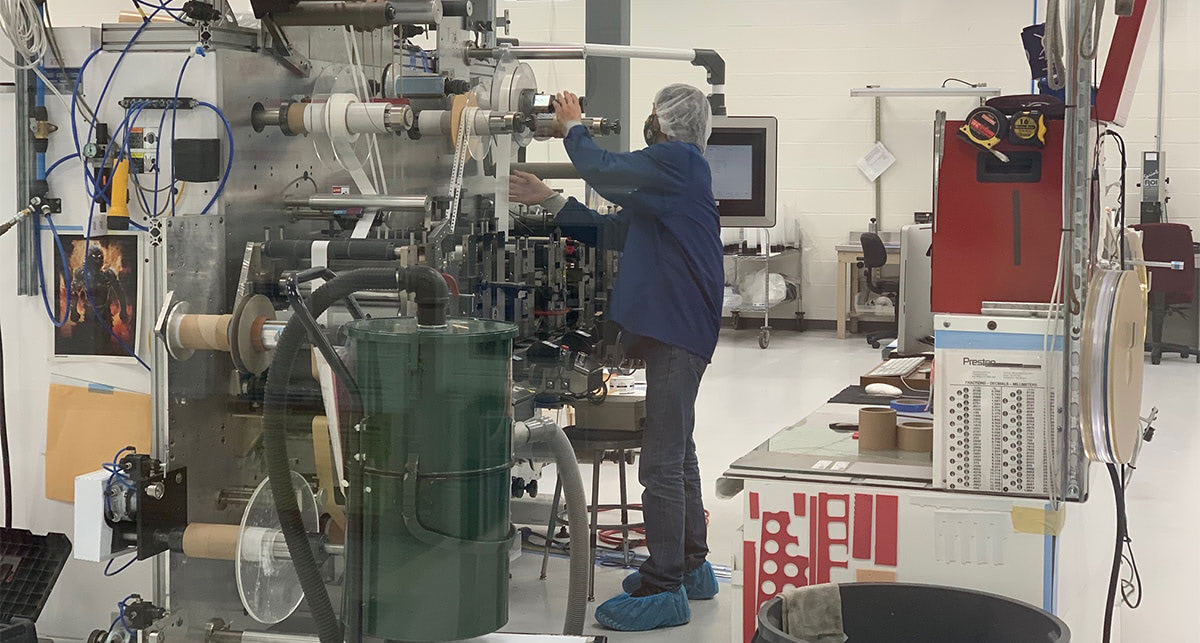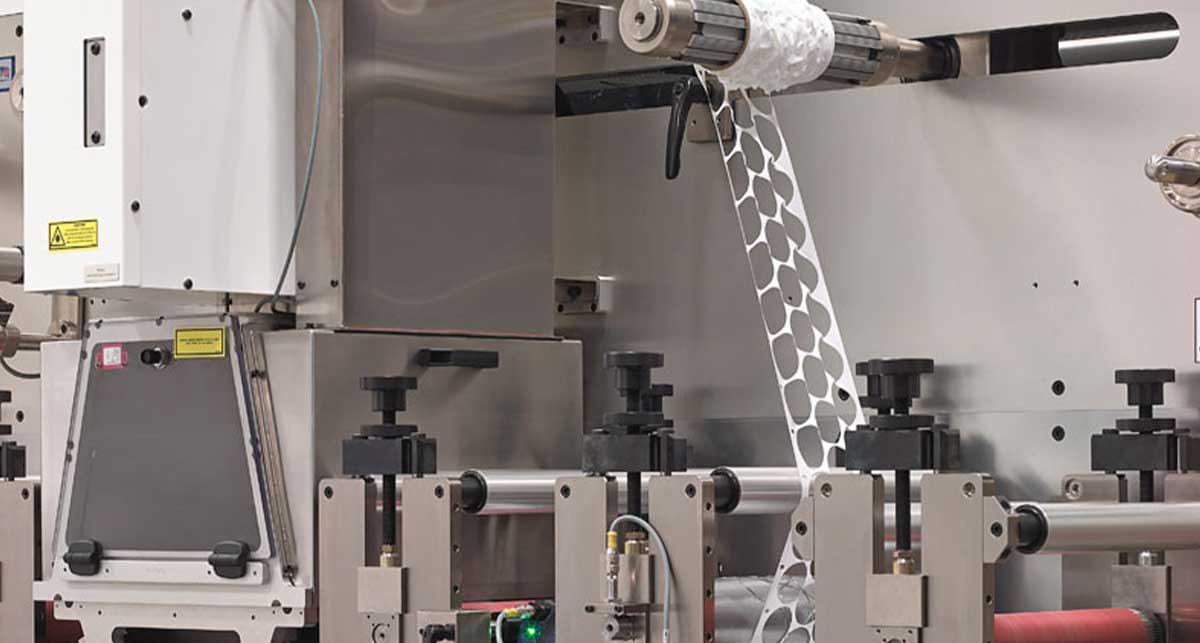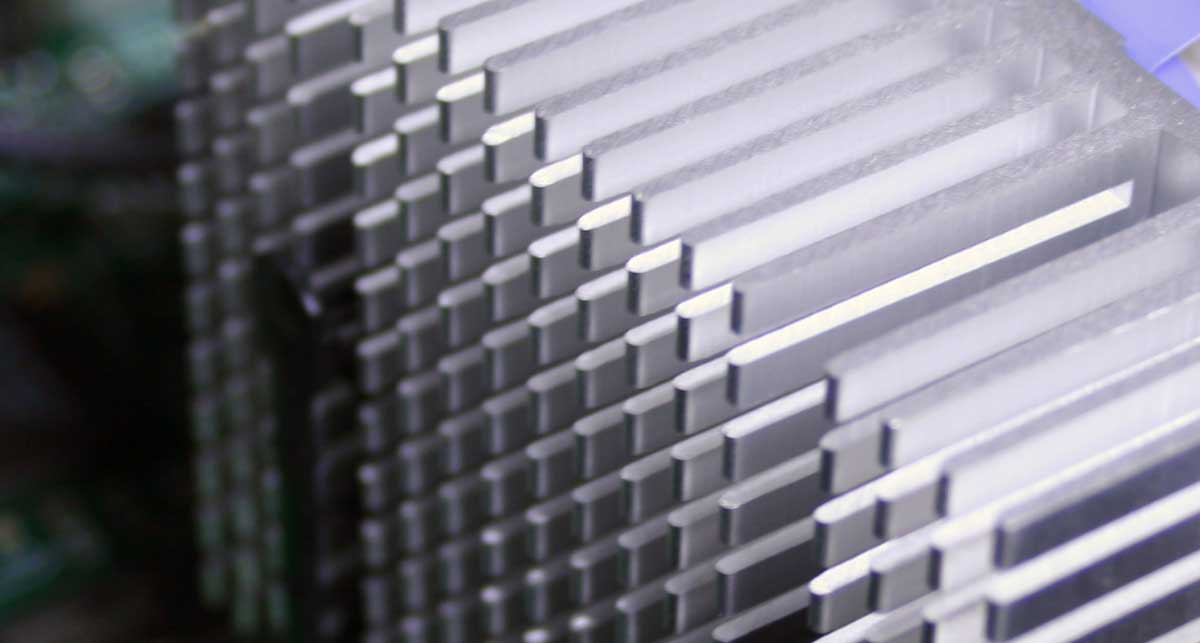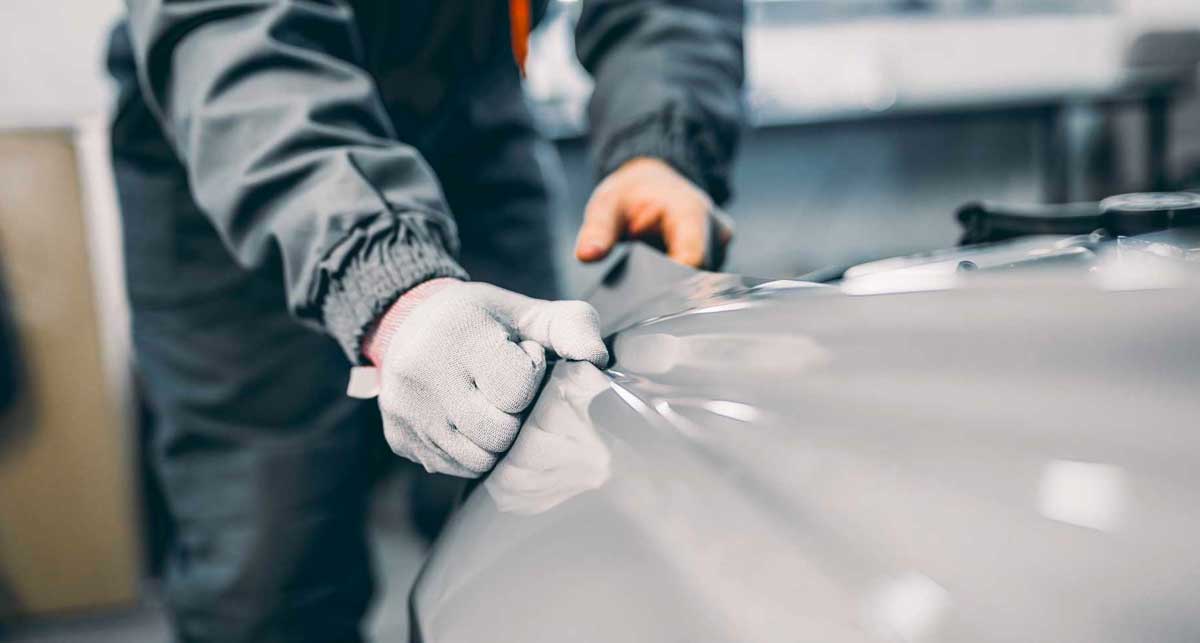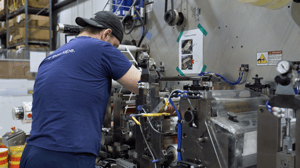Would you benefit from outsourcing product components?
Although you may want to produce everything in-house, it’s not always feasible. Regardless of the reason, the next step is looking outward at all your manufacturing options.
As a company that has long offered contract manufacturing services, we’re confident in explaining when they can help expand your production. If you’re deciding how to outsource a product, read on to discover if contract manufacturing is the best option for you.
What is Contract Manufacturing?
Contract manufacturing is the result of outsourcing production to build and assemble parts. Businesses can commission certain parts or products from a contract manufacturer to save machine and labor costs.
Due to the nature of contract manufacturing, there’s a huge variety of potential manufacturing solutions. Contract manufacturing often involves developing a design, purchasing components, and assembling them based on a particular company's specifications.
WHAT IS AN EXAMPLE OF A CONTRACT MANUFACTURER?
One example of a contract manufacturing service would be an automotive manufacturer. Each day, they might purchase a certain amount of metal and assemble the corresponding vehicle undercarriages.
Likewise, a manufacturer commissioned by a medical company might buy the necessary components to develop and make finished medical devices.
And there’s what we do at Strouse: purchasing flexible materials such as tapes, films, or foils and converting them into complex parts for our customers. If it involves making components for another company, there’s a high chance that it falls into the category of contract manufacturing.
How Contract Manufacturing Services Benefit You
Contract manufacturing enables you to increase your project capacity with the help of manufacturing experts while maintaining control over your process.
BENEFIT #1: TAPPING INTO MANUFACTURING EXPERTISE
You might be an expert in your field, but it’s helpful to have other experts to guide you through the process when it comes to mass-producing components you might not be familiar with, like pre-cut flexible materials.
Manufacturing goes beyond buying and owning the machine. It takes a lot of experience to optimize designs for manufacturability and find the best ways to check project quality.
Collaborating with another company’s engineering team can significantly improve your production process. For instance, setting up the machines quickly and efficiently will ensure the best possible runtimes, saving you money.
Experienced companies will also suggest using strategies like placing blanket purchase orders to reduce the chances of potential delays by preparing your manufacturer for your future orders.
Aside from saving you time and money, manufacturing expertise also gives you peace of mind that your product is being produced with quality and consistency in mind.
BENEFIT #2: INCREASING PROJECT CAPACITY
Even though you might have the ability to begin production on your own, keeping up with demand could require outsourcing in addition to your current partners or set-up. That’s where contract manufacturing comes in.
Increasing project capacity is a natural part of the project scaling-up process. If you’re hoping to grow production, you’ll want the proper equipment and processes that allow you to grow and expand.
When it comes to planning to scale, companies often plan years until their production reaches its expected size and capacity. By using contract manufacturers to supply parts, they can achieve a quicker project start-up with less upfront equipment costs.
Also, unlike with commodities, custom parts must be planned in advance. Businesses often plan their orders up to 3-4 months prior to production because it allows the contract manufacturers time to order the necessary materials and tooling with buffer time in the case of shipping delays or other factors. Working with a contract manufacturer can guarantee consistent orders of parts of the same quality.
Now that you understand the benefits of contract manufacturing services, you may know whether or not they match your project. If contract manufacturing sounds like the ideal method for outsourcing production, you’ll want to seek out a trusted company that understands your industry.
Often, it’s worth taking a look at the materials they work with before you reach out to see whether it makes sense for them to manufacture your part. At Strouse, we work with flexible materials to build project components and finished products in single-line processes.
Are you interested in learning more about converting services that might help you develop products? In that case, you’ll want to check out our Learning Center for additional resources.
%20(1)-min.png?width=290&name=Untitled%20(52)%20(1)-min.png)
